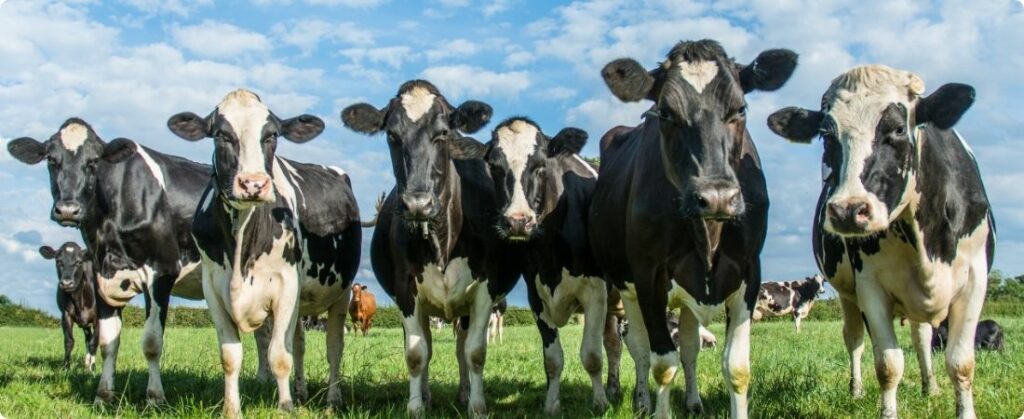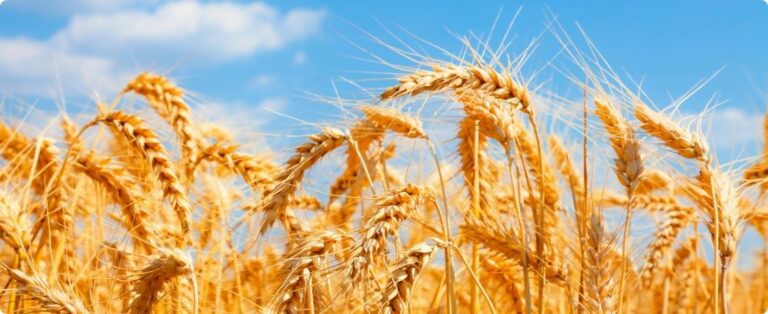
The summer period presents significant challenges to the health of animals on the dairy farm. The combination of intense heat and rain requires increased attention to management, aiming to guarantee the well-being of the herd and, consequently, the productivity of the business.
During this season, it is common to see an increase in the incidence of mastitis, an inflammation of the mammary gland in cows. Furthermore, heat changes the animals' eating habits, which, if not properly controlled, can harm immunity and milk production.
Check out the best practice guidelines for dairy farms during the hottest season of the year. The objective is to preserve animal welfare and the property’s productivity.
Care for the environment
Be careful with damp pasture or soil soaked with excess manure and clay. In fact, the bacteria that grow in this type of environment can enter through the hole in the cow's teat (sphincter) when she lies on the ground. Furthermore, it is an open and dangerous door for the infectious and inflammatory process of mastitis.
Proper feed for cows
Manage food batch sizes to adjust for changes in feed consumption during different stages of the day;
Silage management
In hot weather, silage must be mixed or fed at least twice a day to avoid heating the feed in the wagon and in the trough, which can cause cows to eat less and, therefore, produce less milk. In external feeding areas, it is important to have shade over the trough and also in other places. This encourages cows to eat throughout the day;
Thermal control
Use fans and water sprinklers (which wet the cow's hair). This practice helps with thermal control because it cools the animal in the corral, resting areas and feeding areas. Consequently, it controls stress and helps with herd immunity. It is essential to associate water with wind, as the evaporation process is what removes heat from the animal;
Nutritional balancing
Properly balance rations with new forages, which must be analyzed to balance nutritional supply. With summer feeding, the balance of minerals, such as the level of potassium in the body, is slightly altered to take into account not only the nutrient composition of the new forage, but also the stress that heat causes;
Water Supply: Ensure heifers on pasture have adequate forage and plenty of clean, fresh water. This is extremely important for controlling the animal's temperature and stress;
Parasite control in dairy cows
Keep control of ticks and other parasites up to date, avoiding impacts on the development of animals.
Adopting these measures contributes to the health and performance of the herd, ensuring more efficient milk production even during the hottest months of the year.
Source: Seane Lennon | agrolink















